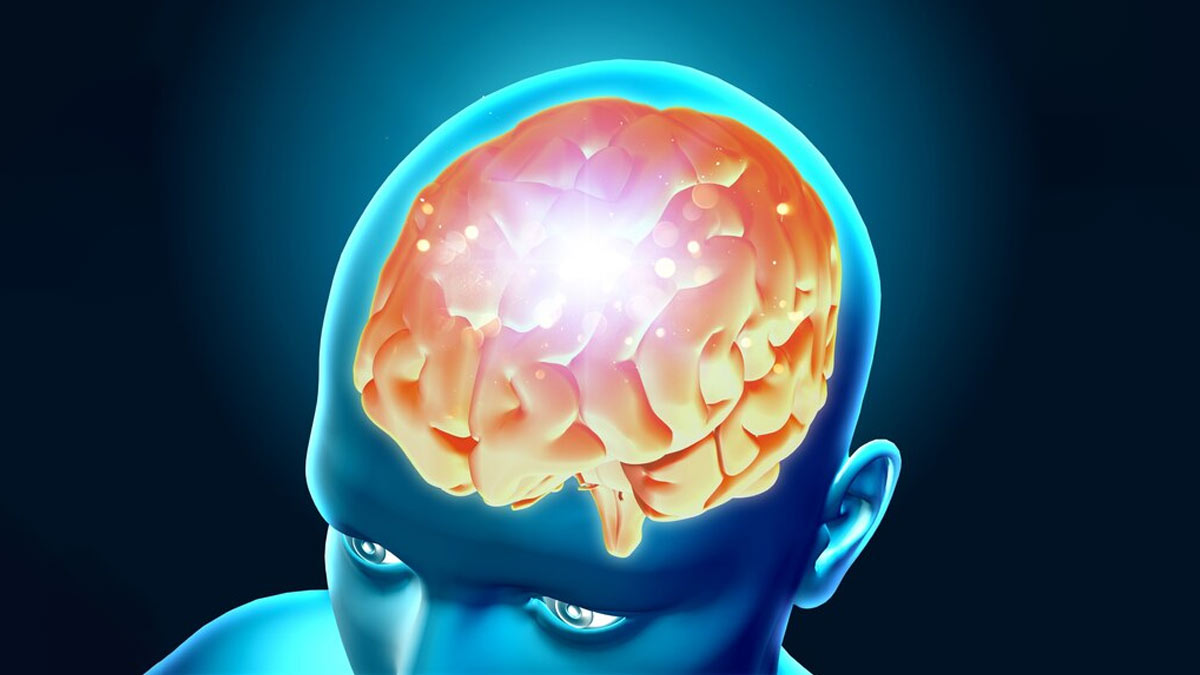
Brain ageing is a complex and gradual process which is a part of normal ageing similar to other organs in the body. Although some level of cognitive decline is a normal aspect of ageing, the degree and rate of decline can differ significantly between individuals. Understanding the mechanisms underlying brain ageing is important for developing a management plan to promote healthy ageing and reduce age-related cognitive decline. We spoke to our expert Dr Amrut SD, Associate Consultant-Neurology, Manipal Hospitals, Goa, who shared insights on the same.
Table of Content:-
“A hallmark feature of brain ageing is the gradual loss of neurons and synaptic connections, particularly in regions associated with learning, memory, and executive function,” said Dr Amrut.
Causes For Brain Ageing

Dr Amrut said, “Neurodegeneration is the term used to explain the pathophysiology of the various problems like dementia and parkinsonism seen in elderly people due to loss of brain volume and accumulation of various protein aggregates. It affects cognitive abilities, such as memory, attention, and problem-solving.”
According to a 2006 study, it was found that brain volume and weight decrease by approximately 5% per decade after the age of 40, with the rate of decline potentially accelerating, especially after the age of 70.
Also, the brain changes neurotransmitter levels, with alterations in systems involving dopamine, serotonin, and acetylcholine, which can further contribute to cognitive decline.
Also Read: Are Brain Tumours Always Cancerous? Expert Differentiates Between Benign And Malignant Tumours
According to Frontiers in Cell and Developmental Biology, brain ageing is an irreversible process, and disease-free brains are uncommon in older populations; one in ten individuals aged 65 and older has Alzheimer's disease. Also, neurodegeneration is one of the most common age-related diseases, indicating a connection between neurodegenerative diseases and ageing-related changes in the brain microenvironment, such as genomic instability, epigenetic modifications, and loss of proteostasis.
“In addition to structural changes, brain ageing is also associated with increased inflammation and oxidative stress can damage neurons and disrupt neural networks, impairing cognitive function. Environmental factors, such as diet, exercise, and social engagement, can also influence brain ageing,” added Dr Amrut.
How To Prevent Or Reduce The Impact Of Degeneration Or Brain Ageing?

“Regular physical activity has been shown to promote neuroplasticity and enhance cognitive function, while a healthy diet rich in antioxidants and omega-3 fatty acids can help protect against oxidative stress and inflammation,” said Dr Amrut.
According to the Journal of the American Geriatrics Society, eating foods from the Mediterranean or MIND diets is linked to a reduced risk of memory problems in older adults.
Social engagement and cognitive stimulation through activities, such as reading, puzzles, and learning new skills can also help maintain cognitive function and reduce the risk of cognitive decline with age.
Also Read: Blood Clot In The Brain: Expert Explains Intracranial Haemorrhage, Its Symptoms, And Treatment
Message From The Expert
Dr Amrut highlighted, “Brain ageing is a complex process influenced by a mix of genetic, environmental, and lifestyle factors. While some degree of cognitive decline is normal with ageing, which we refer to as minimal cognitive impairment where the activities of daily living are unaffected, whereas in dementia Activities of Daily Living (ADL) will be lost affecting the quality of life of the patient.”
Bottomline
Dr Amrut concluded, “Understanding the pathophysiology of brain ageing can inform strategies to promote healthy ageing and reduce the risk of age-related cognitive decline and neurodegenerative diseases. By adopting a healthy lifestyle and engaging in activities that support brain health, individuals can optimise cognitive function and maintain quality of life as they age.”
[Disclaimer: This article contains information provided by an expert and is for informational purposes only. Hence, we advise you to consult your own professional if you are dealing with any health issues to avoid complications.]
Also watch this video
How we keep this article up to date:
We work with experts and keep a close eye on the latest in health and wellness. Whenever there is a new research or helpful information, we update our articles with accurate and useful advice.
Current Version